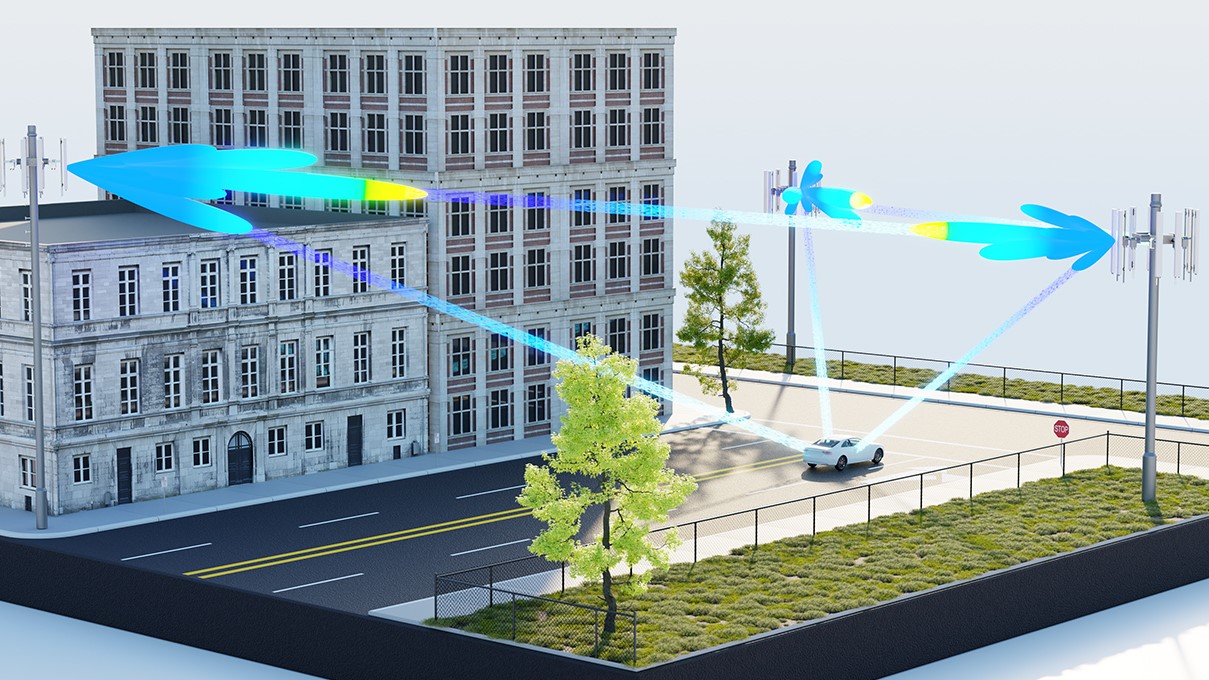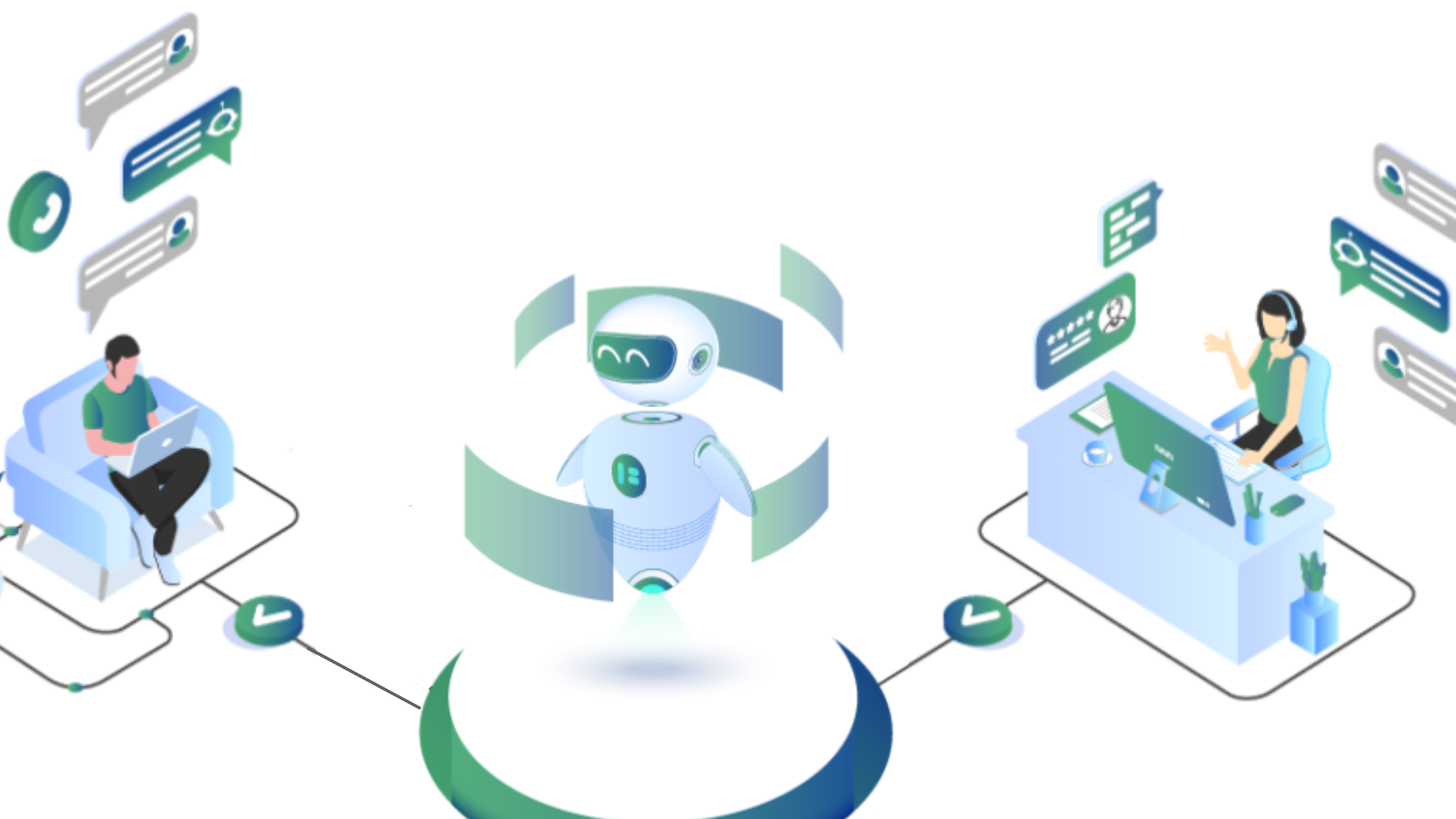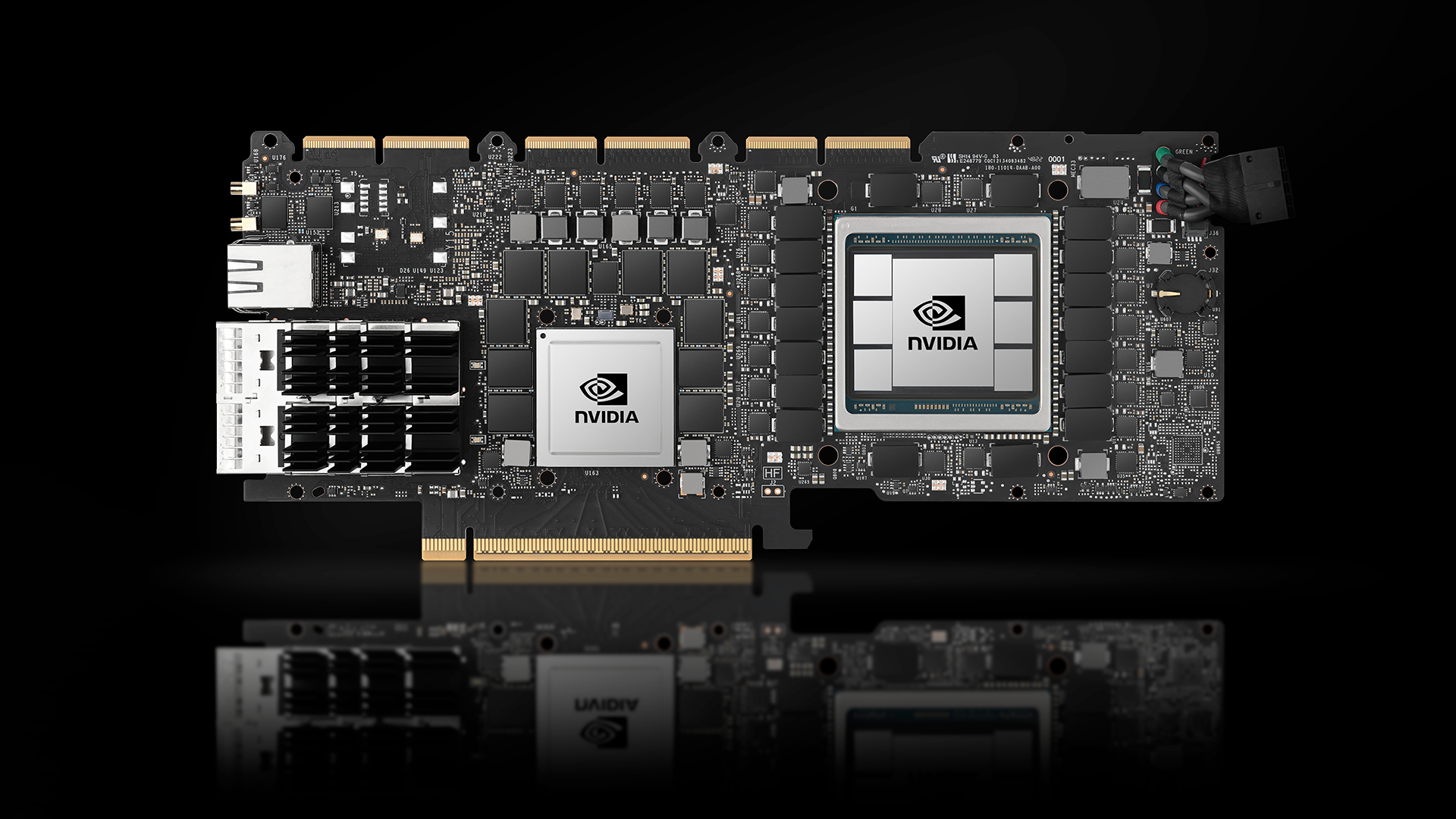This year at GTC you will join speakers and panelists considered to be the pioneers of AI who are transforming AI possibilities in government and beyond.
By registering for this free event you’ll get access to our top sessions below.

- Computer Vision for Satellite Imagery with Few Labels
The need for large volumes of data labeled for specific tasks is perhaps the most common obstacle for successfully applying deep learning. Discover how to apply deep learning on satellite imagery when labeled training data is limited, or even nonexistent. First, find out how a state-of-the-art unsupervised algorithm can learn a feature extractor on the noisy and imbalanced xView dataset that readily adapts to several tasks: visual similarity search that performs well on both common and rare classes; identifying outliers within a labeled data set; and learning a class hierarchy automatically.
Aaron Reite, Staff Senior Scientist, National Geo-Spatial Intelligence Agency

- Accelerated Extreme Wideband Spectrum Processing
Across commercial and federal industries in wireless communications, demand is increasing for real-time wideband (GHz) software-based signal processing applications that take advantage of graphics processing units for both their ability to do massively parallel processing and AI/ML inferencing. From 5G radio access networks and government RF sensing systems to the search for extrasolar radio phenomena, this technology promises a flexible alternative to field-programmable gate array-based solutions and existing software-based signal processing stacks that cannot keep up to GHz sample rates. Researchers at The MITRE Corporation developed Photon to address these demands, and the approach represents a breakthrough in heterogeneous processing technology. Get a demonstration and engage in discussion of a software system that deploys GPU-accelerated DSP Photon processing blocks incorporated into docker microservices to survey 100s MHz of spectrum within milliseconds.
Bill Urrego, Chief Scientist, GPU-Accelerated Computing, The MITRE Corporation

- Accelerating Geospatial Remote Sensing Workflows Using NVIDIA SDKs
Learn about the advantages of moving end-to-end geospatial workflows onto the GPU. Geospatial imagery is typically exploited using very parallelizable processing methods, but only portions of a processing workflow are usually ported to a GPU. Particularly in AI-based exploitation workflows, moving data back and forth between host and device wastes both time and resources. In this session, you’ll explore system architectures, data models, and supporting NVIDIA SDKs for mapping entire geospatial workflows onto GPUs and the potential speedups and efficiencies to be gained.
John Howe, Senior Data Scientist, NVIDIA
May Casterline, Senior Data Scientist, NVIDIA

- Building a GPU-Accelerated Cyber Flyaway Kit (Presented by Booz Allen Hamilton)
Cyber incident response requires portable, data center-scale power at the edge to hunt for malicious activity amid vast seas of cyber data. Booz Allen and NVIDIA are tackling this problem together, building tera-scale GPU compute into a portable flyaway kit with next-generation, AI-based incident response capabilities. Join Tech Lead Will Badart and Project Manager JC Sullivan as they share their experiences working in this unique problem space and look to the future of GPU-powered AI for cyber security.
JC Sullivan, Lead Data Scientist, Booz Allen Hamilton

- Transformer-Based Deep Learning for Asset Predictive Maintenance
This session introduces novel transformer-based deep learning approaches to predict asset failures, and compares model performances against autoencoders using an event-based performance evaluation framework.
Mehdi Maasoumy, Principal Data Scientist, C3.ai
Daniel Salz, Data Scientist, C3.ai
Visit the GTC website to view more recommended Public Sector sessions and to register for the free conference.










